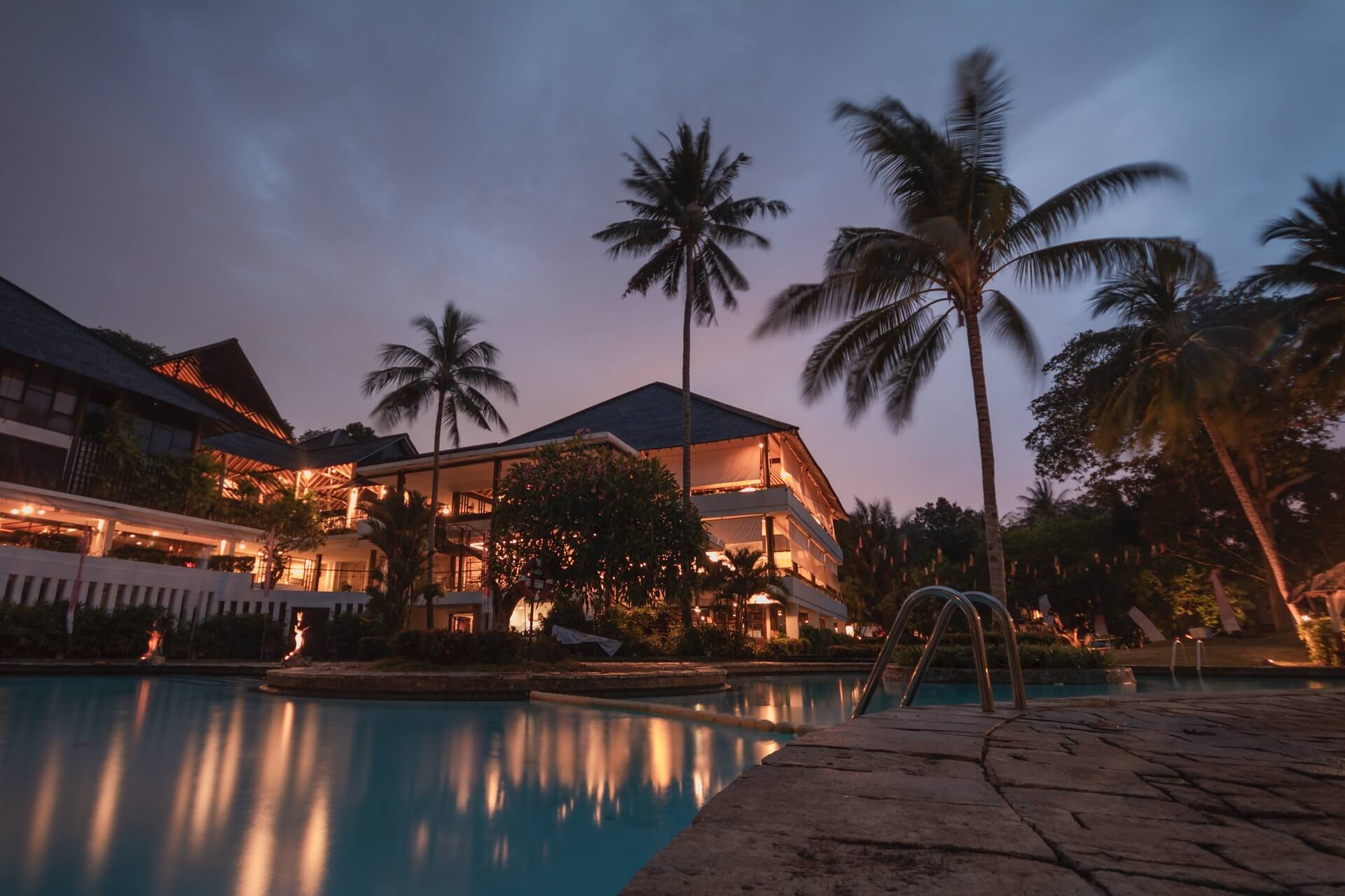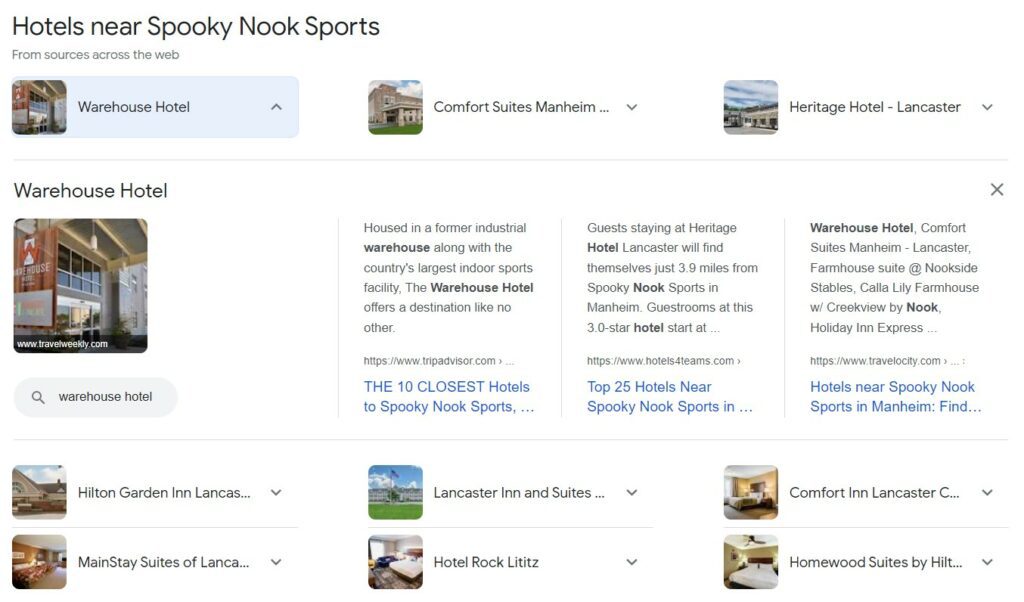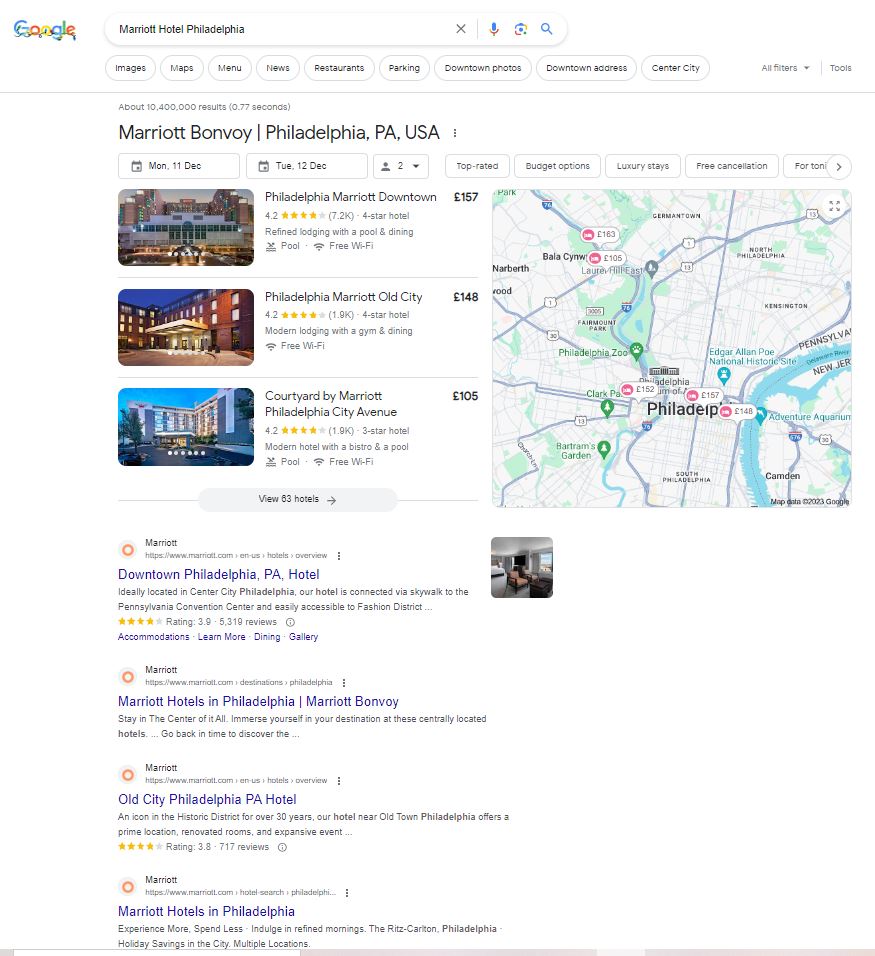
People love to travel. In fact, they love it so much that hospitality has become a $550 billion industry. Online booking represents over 60% of total travel sales. In 2015, Online Travel Agencies (OTAs) bring in billions in gross revenue, taking advantage of those wanderlust-stricken travellers. While OTAs are seeing growth, online hotel marketers are struggling.
We know that organic rankings are dropping for hotels on the Search Engine Reports Page (SERPs). We see that across the hotel industry, organic traffic is also declining, and in many cases, direct bookings have started to dwindle. For a hotel SEO marketing specialist, these changes can wreak havoc on reports and calls with executive board members who want explanations.
As online hotel marketers, our bread and butter come down to how well we can position the brands we work with on page one of the SERPS. We battle OTAs who have global staff, and bottomless pockets that seem impossible, but there are opportunities that we can leverage to place our brands at the forefront of shoppers’ minds.
SEO Tips for Hotels
Details, Lots of Details
Hotel owners know their hotels. They know the size of their rooms, the kinds of beds they offer, and the amenities and extras that they use to pamper their guests. Use this information. Provide as many details as you can about all of your room styles. Does your hotel offer room service, free parking, and continental breakfast? All of these amenities are queries people use to find hotels and that could be the deciding factor for someone clicking through and making a booking. If you don’t tell users and search engines about these plush extras, no one will. You can even add some of these amenities in your title and meta description tags, informing searchers even before they click on your site.
In addition to describing your rooms and amenities in detail, be sure to add content to your accommodation pages that help your users decide if a room type is right for them. For example, if your hotel is close to a sports complex and houses many families on weekends participating and attending these events, tell your guests why your rooms are perfect for those families. Spooky Nook Sports is one of the largest sports complexes in the US, if you search for a hotel near there, there is the opportunity to feature in Google’s own round-up of individual hotels, which is likely to push users to seek your website and make a booking directly. This is a prime opportunity for marketers to target popular destinations and events in their neighbourhoods.


Another detail to keep in mind when crafting your hotel’s online marketing plan is to provide as many local details and images as you can. What is the view from your room? Can you see a landmark that people visit your town for? Is there a farmer’s market within walking distance? Maybe the best restaurant in town is next door?
Create content that proclaims these geo-specific areas. OTAs use this technique when targeting neighborhoods. The difference between what you can produce and what they produce is you have the actual address to prove to Google that you know your stuff.
It’s important that you update this content frequently, at least once a year. Fresh content is rewarded and inevitably things will change that make your details no longer relevant. Many OTAs have area managers who speak to someone in your office about amenities and details. It is very likely that person will pull the content from your website. Updating your content keeps your details unique, which Google rewards.
Turn your website into an amazing hotel and city guide. Think of it as a mini-National Geographic or Lonely Planet. All of this content that is geo-targeted will not only impress the search engine crawlers and win you rankings, but it will also provide your guests with a great resource to enjoy using while they are enjoying their travels.
Rich Text Markup
Having amazing content on your site with valuable room details is just one step in reaching organic hotel rankings. In order to push the needle, search engines need to be able to crawl your site and understand what you’re communicating to both search engines and future users. Employing rich text markup, like Schema, is like opening the door to the search engines and offering them a refreshing “information” beverage. Implementing Schema will take some help from your development team, but the efforts and costs will be worth it. Work with them to discuss all of the options including address, phone number, aggregate rating, and areas serviced – all can enhance your organic listing. Ratings are a great way to show off your exceptional hotel and encourage users to click on your site.
In this example, Travelodge has implemented aggregate rating markup for their rooms. Users can see from the SERP what past guests have thought of their hotel. These stars allow the listing to stand out from the crowd.


Hotel marketers can also add pricing details, which can encourage a click from the SERPS.
An important note on this example: Google announced that OTAs should not use pricing markup as they are offering more than one product (multiple rooms). As a consequence, Google has ignored the markup for OTAs (Kayak is not considered an OTA as they aggregate offers and send users to OTAs and hotels to book rooms). What does this mean for you? Google has opened up a big door, whereby adding pricing markup is an added opportunity to help users see why booking with you is better than an OTA.
Hotel Mobile Experience
Last year mobile shares for travel searches increased by 48%. This change has led to an 88% increase in mobile web conversions for travel sites. With Google’s mobile-first indexing and the huge emphasis on designing websites for mobile users, your website must offer a positive experience on all devices to compete.
You need to develop a strategy for your mobile site that is different from your desktop site. Different users have different needs. Think With Google has created a theory that travellers progress through four stages when planning their trips. Create content that is readable on mobile devices that meet each of these needs. Even if the article may not lead to a booking, it does promote brand awareness when the user is ready to take the plunge.
Add images and videos to your mobile site that enhance the users’ vision of your city. What does the sunset look like? Which flowers bloom naturally? Images and videos are content that people who are dreaming about travel love to find. Create easy-to-follow itineraries that help users organise their trips. If traffic is bad at 3pm, offer suggestions for where they can go to avoid traffic. With a little imagination and attention to your customer’s needs, you should be able to create a mobile experience that will impress your users and Google.
What’s in a Name?
Most SEO consultants will bypass optimising for brand terms, or put it on the back burner. Google is very smart; the search engines know to show a brand’s website when a person searches for a brand. For hotels, brand optimisation should be a big priority.

The Marriott in Vancouver has been able to hold most of the organic spots for “Marriott Hotel Philadelphia”, with only the last listing being an OTA. Based on results like this, it’s fair to assume that searchers are clicking these links before the OTAs at the bottom of the page.
OTAs struggle with getting hotel brand pages ranked; this is their kryptonite. Use this strategy to get your hotel in front of potential guests.
In addition to targeting branded hotels in organic search, use PPC. Branded terms for the actual hotel are going to cost you less than an OTA. This means that while you are building up your organic branding, users are still going to be able to find you.
Increasing the organic ranks of your hotel won’t be easy, but once you see your hotel on page one, all of the pain will be washed away by the glow of success.
If you need help with your hotel SEO marketing, get in touch.




